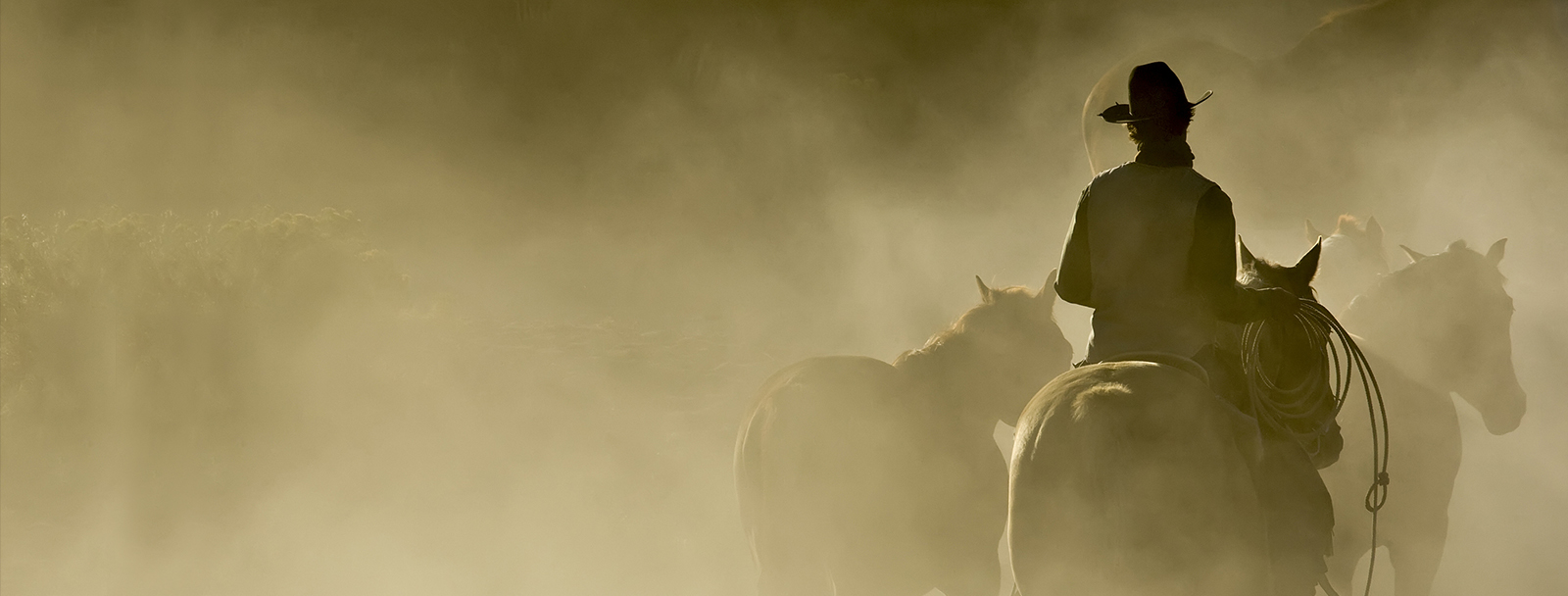It seems to me the more writing I do, the more I find myself looking for the right word, the perfect word to convey what I want. Maybe it’s the color of a character’s eyes, or the fury in the sky as a thunderstorm scuds across the sky. It might be the clamor of city streets or the stillness of a forest at sundown. I become a perfectionist, seeking the best word to engage the reader in the story at that moment.
When this happens early in my writing process, like the first or second draft, I’ve forgotten one of the cardinal rules I learned early in my career—get the first draft out. Don’t stop writing to go searching for perfection. I’ll lose whatever momentum I’ve developed. I’ll stop writing.
Norah Lofts is credited with saying, “I can fix a bad page. I can’t fix a blank page.” This advice has inspired me to keep writing, even when what’s coming out is junk. Why? Because if I’ve got junk on the page, I’ve got something to work with.
I’ve learned that early drafts are the way to give the story idea some solidity. It becomes something tangible I can see and work with. This applies whether you’re an outliner or a pantser. I’ve done both. The outline is the skeleton. The story doesn’t come alive in the flesh until it’s written. The same applies to being a pantser. The idea doesn’t become real until I put words on the page.
When I get to the editing stage is when I look for the right word. Over the next few blogs, I’ll discuss several tips I’ve gained over the years.
The first tip I want to share is to be specific.
For example, I may have my characters traveling on a road. That’s fine for the early drafts, when getting the story moving is important (no pun intended). In the rewrite and tweaking is when I look for that right word to add clarity, mood, tension, and suspense by showing more detail. What kind of road is it? Is it an interstate? A country back road with potholes and a crumbling shoulder? Main Street in a small town? A boulevard in a big city?
Part of being specific is being descriptive without resorting to overwriting or purple prose.
I also need to keep the genre in mind. If it’s a western, the road might be two ruts carved by wagons. Or the setting may be a contemporary upscale neighborhood that would never use the words like ‘street’ or ‘avenue.’ They might use the names ‘way’ or ‘lane’ or ‘parkway.’
My go-to resource when I’m looking for the right word is J. I. Rodale’s The Synonym Finder. It’s one of the most complete sources for synonyms I’ve found.
The key is to narrow my list of words until I hit the one that best captures what I want the reader to visualize. This applies to more than just roads. I want the words to be appropriate to the setting of the scene, to the characters as they have grown in the story, and to the circumstances they find themselves in.
This especially applies to using the five senses. All too often I find mentees and editing clients using primarily sight and sound. Don’t forget the taste, smell, and feel. One of the most vivid descriptions I’ve read is how a character tasted the coppery smell of blood when he entered a murder scene. I thought, “yeah, I’ve had that same sensation. I just never put the smell of blood with the metallic taste.” Look for ways to describe from a unique sense than the usual ones we use. Think of how to describe the feel of corduroy under our fingers. Or of how tromping through six inches of heavy snow feels in our muscles, with the cold drilling into our cheeks and fingers.
What are some ways you’ve found to be specific in your writing?


RE: the first draft, you are preaching to me!
“Don’t stop writing to go searching for perfection. I’ll lose whatever momentum I’ve developed. I’ll stop writing.”
You’re right about using the setting to guide word choice. I’m working on a biographical project about a Liberian pastor. I’ve had to revise some of my American words to reflect Liberian usage. One example is when I changed the word “pants” because I learned that Liberians use the word “trousers” instead.
Good to hear from you, Jan. I’m blessed you found my post encouraging.